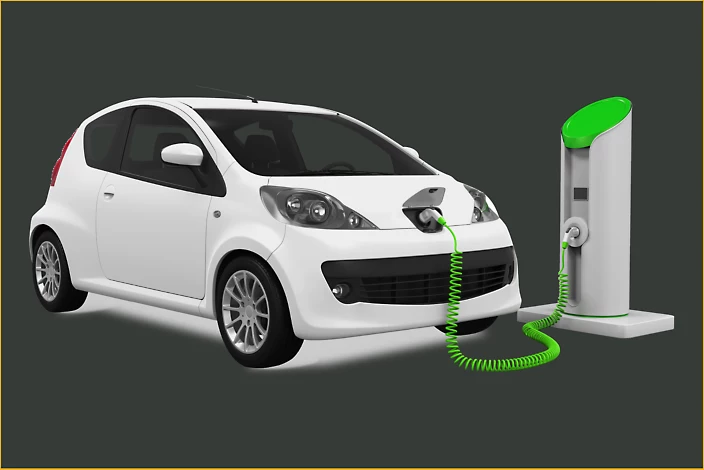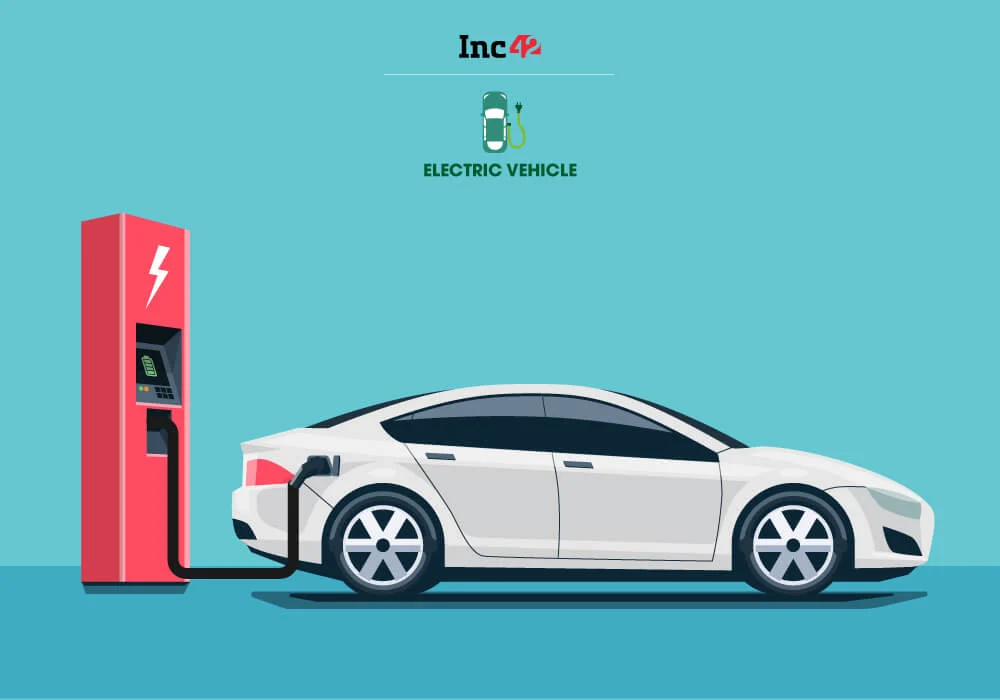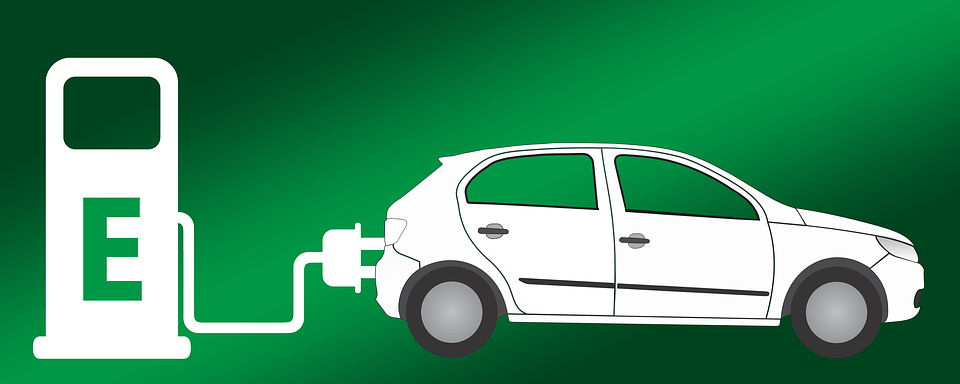Introduction
The current lifestyle of humans is heavily dependent on non-renewable energy resources such as fossil fuels, which are not only limited in availability but also cause significant harm to the environment. The overexploitation of these resources has led to an imbalance in the ecosystem, causing various environmental problems such as climate change, global warming, and air pollution. Therefore, a shift towards renewable energy resources is required to balance the ecosystem and reduce carbon footprint. This shift towards renewable energy is called the “Green Revolution.” This paper discusses the successful implementation of solar electric vehicles in India, which is a significant step towards achieving a sustainable future.
Renewable Energy and Transportation Sector
The transportation sector is one of the largest contributors to greenhouse gas emissions. Therefore, a shift towards renewable energy resources in the transportation sector is essential to reduce greenhouse gas emissions and achieve a sustainable future. Renewable energy resources such as solar, wind, and hydropower can provide clean and sustainable energy for transportation. Solar energy is one of the most abundant renewable energy resources and is readily available in India.
Solar Electric Vehicles in India
Solar electric vehicles are vehicles that use solar energy to power their electric motors. Solar electric vehicles have several advantages over traditional electric vehicles, including reduced carbon footprint, lower operating costs, and reduced dependence on non-renewable energy resources. India has successfully implemented several solar electric vehicles, including solar cars, solar e-rickshaws, solar tricycles, solar buses, and solar vans.
Solar Cars
Several companies in India have developed solar cars, including the SUN Mobility, Pravaig Dynamics, and Sono Motors. These solar cars use photovoltaic cells to capture solar energy, which is then used to power their electric motors. Solar cars have several advantages over traditional cars, including reduced carbon footprint, reduced operating costs, and reduced dependence on non-renewable energy resources.
Solar E-Rickshaws
E-rickshaws are a popular mode of transportation in India. Several companies have developed solar e-rickshaws, including Hero Electric, Kinetic Green Energy, and Mahindra Electric. These solar e-rickshaws use photovoltaic cells to capture solar energy, which is then used to power their electric motors. Solar e-rickshaws have several advantages over traditional e-rickshaws, including reduced carbon footprint, reduced operating costs, and reduced dependence on non-renewable energy resources.
Solar Tricycles
Several companies in India have developed solar tricycles, including Goenka Electric Motor Vehicles, Electeca, and Atul Auto. These solar tricycles use photovoltaic cells to capture solar energy, which is then used to power their electric motors. Solar tricycles have several advantages over traditional tricycles, including reduced carbon footprint, reduced operating costs, and reduced dependence on non-renewable energy resources.
Solar Buses and Vans
Several cities in India have implemented solar buses and vans for public transportation, including Delhi, Mumbai, and Kolkata. These solar buses and vans use photovoltaic cells to capture solar energy, which is then used to power their electric motors. Solar buses and vans have several advantages over traditional buses and vans, including reduced carbon footprint, reduced operating costs, and reduced dependence on non-renewable energy resources.
Conclusion
The successful implementation of solar electric vehicles in India is a significant step towards achieving a sustainable future. Solar electric vehicles have several advantages over traditional vehicles, including reduced carbon footprint, reduced operating costs, and reduced dependence on non-renewable energy resources. The implementation of solar electric vehicles in India demonstrates that solar energy can efficiently transform into mechanical energy and can be a potential solution for the transportation sector. Solar electric vehicles have the potential to transform the future scenario on a larger scale not only in India but also in other countries






